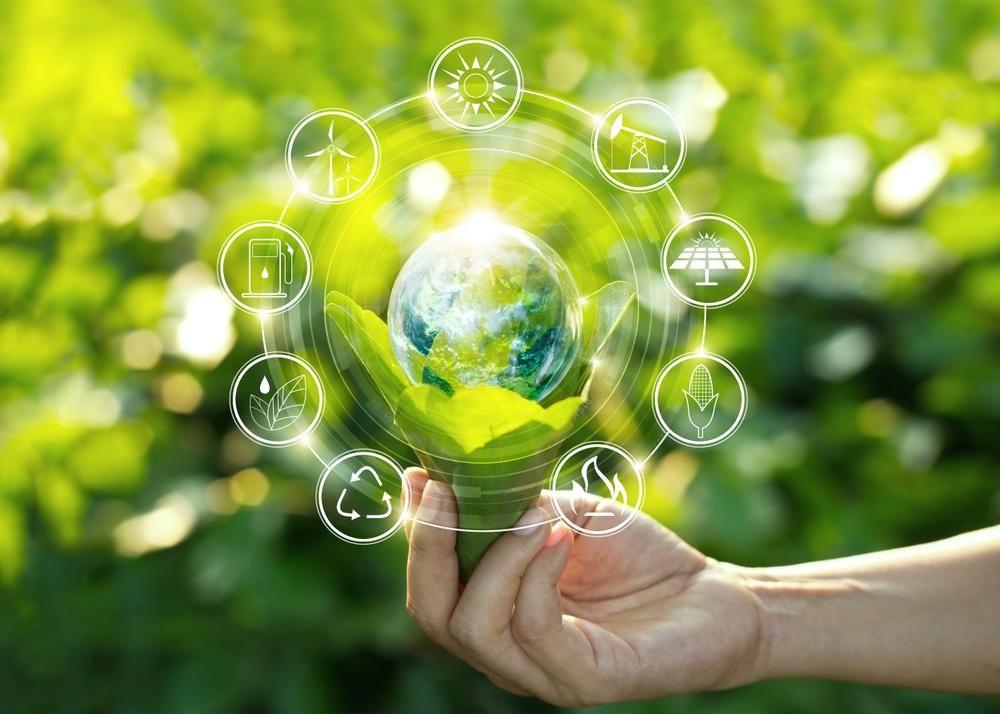In a world facing climate change, resource depletion, and social inequalities, sustainability has become more than just a buzzword—it's a necessity. But what does sustainability really mean, and why is it so important for the future of our planet?
What Is Sustainability?
At its core, sustainability means meeting our present needs without compromising the ability of future generations to meet theirs. It's about creating balance—between environmental health, economic growth, and social well-being.
Sustainability is often explained through three interconnected pillars:
-
Environmental Sustainability – Protecting ecosystems, reducing pollution, and conserving natural resources.
-
Economic Sustainability – Supporting long-term economic growth without negatively impacting the environment or society.
-
Social Sustainability – Ensuring access to basic resources, equality, education, and human rights for all.
Why Does Sustainability Matter?
We are currently using resources faster than Earth can replenish them. This has led to:
-
Climate change due to greenhouse gas emissions
-
Loss of biodiversity and natural habitats
-
Air and water pollution
-
Overconsumption and growing waste problems
Without a sustainable approach, future generations may inherit a world that is less livable, less equitable, and far more unstable.
Examples of Sustainability in Action
-
Renewable Energy: Wind, solar, and hydro power are replacing fossil fuels.
-
Sustainable Agriculture: Practices like crop rotation and organic farming protect soil and water.
-
Green Cities: Urban areas are investing in public transport, green spaces, and energy-efficient buildings.
-
Circular Economy: Designing products to be reused, repaired, or recycled reduces waste.
What Can Individuals Do?
Sustainability starts with daily choices. Here are simple ways to make a difference:
-
Reduce single-use plastics and unnecessary packaging
-
Conserve energy and water at home
-
Choose public transport, cycle, or walk instead of driving
-
Eat more plant-based foods and support local farmers
-
Reuse, recycle, and repair instead of throwing things away
-
Support ethical and eco-friendly brands
The Role of Communities and Governments
While individual actions are important, real impact requires system-wide change. Governments must create policies that protect the environment and promote fair economic systems. Communities must work together to implement local solutions—from recycling programs to conservation efforts.
A Shared Responsibility
Sustainability isn't just about saving the planet—it's about creating a world where everyone can thrive. Whether it's clean air, safe drinking water, or fair economic opportunities, sustainable practices ensure a better quality of life for everyone, now and in the future.
In conclusion, sustainability is not a choice—it's a responsibility. It demands awareness, action, and collaboration at every level. If we all play our part today, we can secure a healthy, prosperous world for generations to come.

